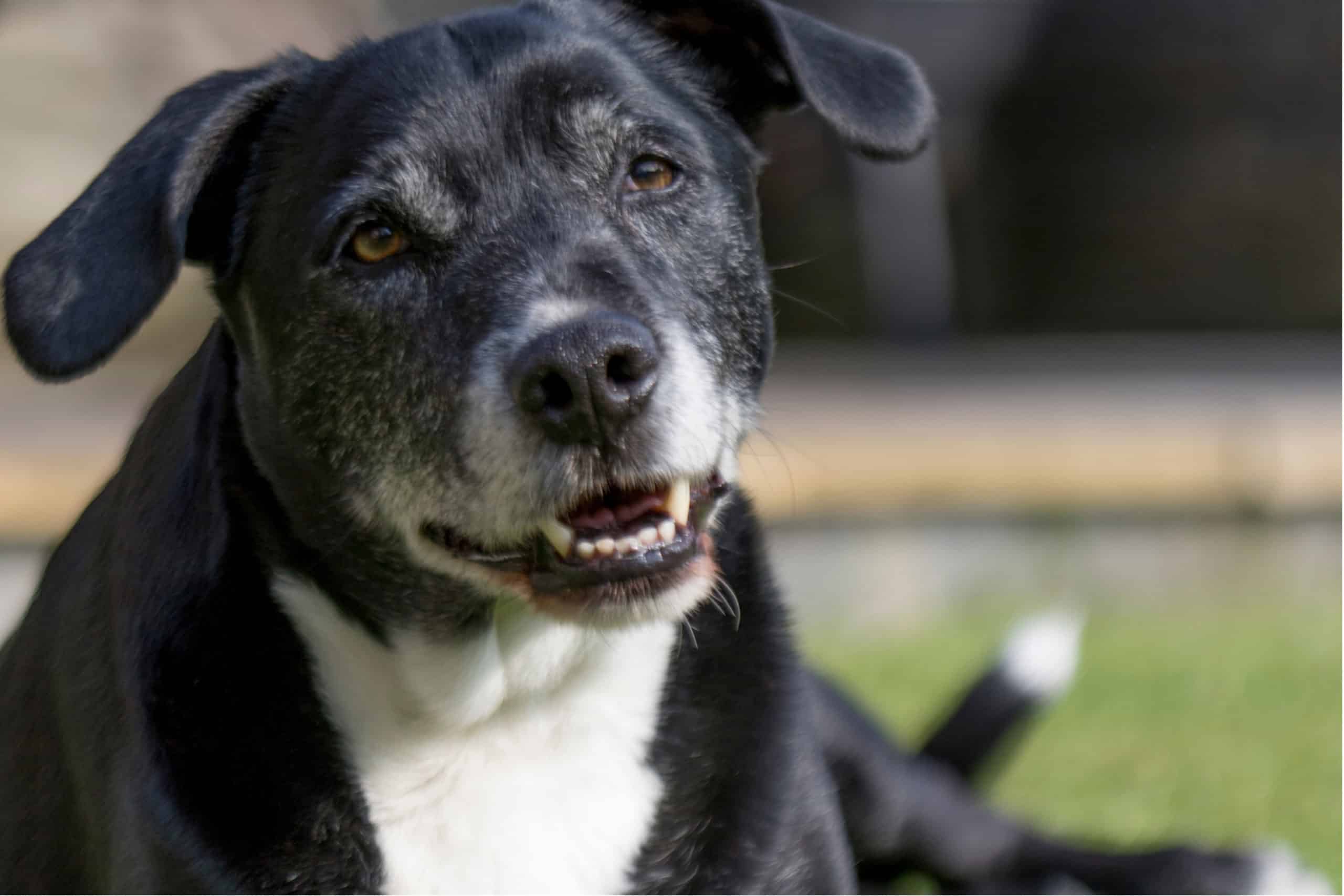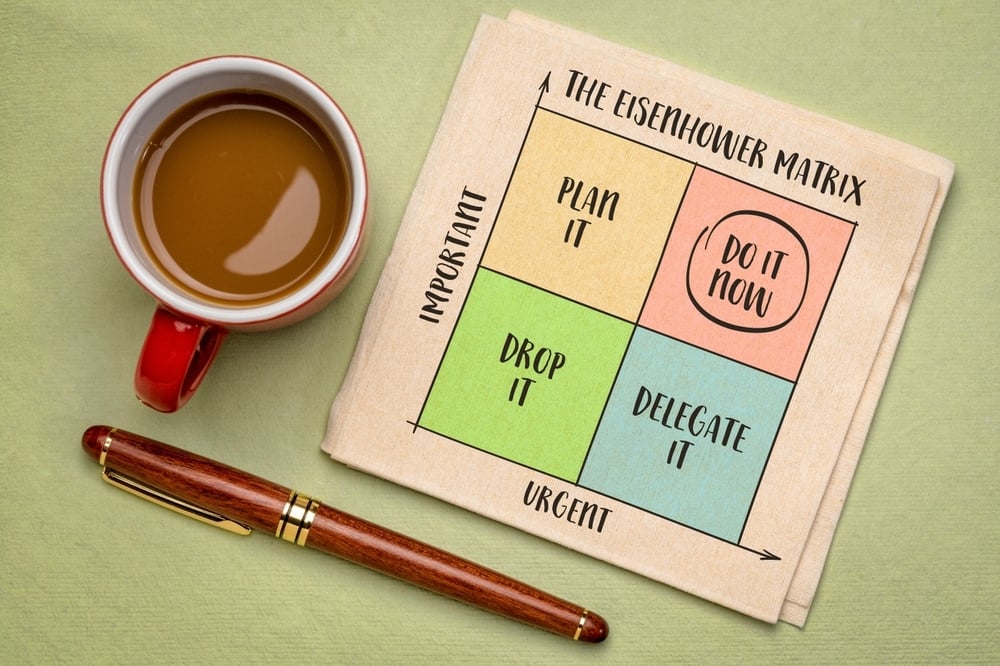
Old dogs, new tricks?
by Ed Reid
Listen to Audio Version:
Every morning I scroll through the newspaper headlines on the BBC website. This week has, predictably, been full of Rishi Sunak and the most leaked budget of all time. More of that later…
But a headline in Monday morning’s Daily Mirror caught my attention. Save Lost Generation said the Mirror, quoting a claim from ex-PM Gordon Brown that the Chancellor ‘will fail the country if he doesn’t help the young and jobless.’
It was a valid point. After all, the damage done to retail and hospitality has hit young people hard. As the BBC reported last week, the jobless rate has risen to 5.1% with the number of people on company payrolls down 726,000 on pre-Covid levels – and almost 60% of those are under 25.
So when Rishi Sunak stands up to speak on Wednesday, we can expect to hear plenty about helping young people – both back into employment and onto the housing ladder.
But I want to talk about a different generation this week – the over-50s. I was reading an article in Bloomberg at the weekend: ‘tips for finding career success as you approach retirement.’
It made me think – not least that the words ‘approach retirement’ might be slightly misplaced. Some of the most imaginative, innovative and energetic members of TAB UK are over 50 – and they show no signs of slowing down or contemplating a pipe and slippers…
But they’ve already started their businesses. I’ve written previously about the record number of businesses that were started during lockdown. After all, if it gave us anything, lockdown surely gave us time to think.
…And a lot of people not in their 20s or 30s must have thought, ‘If I don’t do it now, when am I going to do it?’
Obviously there are more risks in starting a business as you get older. Even if there is a big pension pot and/or redundancy payment in the background there has to be the pressure of knowing that this might be your only chance to get it right. And for an entrepreneur, success or failure matters for its own sake – it’s never purely about money.
So while there are no age breakdown stats available at the moment, I’m willing to bet that in five years’ time there’ll be plenty of older entrepreneurs sitting round TAB tables saying, ‘Lockdown? The best thing that ever happened to me…’
Back to the Bloomberg article. Predictably, it listed Ray Kroc as an example of success in later life. He didn’t start franchising McDonald’s until he was 52.
More pertinently though, the article also cited Anne Boden, now 60 and the founder and CEO of Starling Bank. “The first time I uttered the words, ‘I’m going to start a bank,’” she is quoted as saying, “I couldn’t believe they came out of my mouth.” But she repeated them – and soon saw herself as a woman who was going to start a bank.
I suspect there’ll be an exact parallel with the entrepreneurs who’ll be TAB members five years from now. ‘I couldn’t believe what I was doing. Starting on my own, at that age, in the middle of a pandemic. But it was the best decision I ever made…’
The article in Bloomberg made one point I thought was crucial. Clearly some of your abilities decline as you get older. After all, reaction times and mental processing speeds are already on the wane in your early 20s. But some of the key qualities you need to succeed in business – grit, determination, your ability to see the other person’s point of view – increase as you get older.
That last one – the simple act of thinking win/win – is crucial in business. As Anne Boden says, when she was founding Starling Bank, “I spent most of my time convincing people to believe in me and give me money.”
Isn’t that what we all do? As we start our businesses and go on building them? We convince people to believe in us. We go home and convince our spouse. We convince the people we want to take on the journey with us. Maybe we convince someone to lend us money. And every day we convince ourselves that not only can we do this, but that it really was the best decision we ever made.
…And so we come to what one commentator described as ‘the most crucial Budget for business in a generation.’
Well, at face value the message for business was simple: you will pay more tax. As several of Thursday morning’s papers point out, we’re facing the highest tax bill since the 1960s with ‘business and the middle class picking up the bill for Covid.’
Despite that, I find a lot to like in the Budget. Only 10% of businesses – those making more than £250,000 a year – will pay the new 25% rate of Corporation Tax, and the Chancellor clearly believes British business can recover strongly from the pandemic.
I’m impressed by the ‘super deduction’ – goodness me, there are going to be a lot of Apple Macs bought on December 30th – and I obviously welcome the news about freeports. The green infrastructure bank in Leeds? A Treasury campus in Darlington? Absolutely brilliant, and a welcome first step in rebalancing the UK’s economic geography.
Then Rishi Sunak – yes, still looking irritatingly young – turned to the Help to Grow scheme, a core part of which will be peer coaching. Is that the Government going into competition with TAB UK? Not a bit of it: I think it’s the Government raising awareness of the benefits of peer to peer coaching and learning, which in the long run will benefit everyone reading this blog.
But how much does Rishi know about peer coaching? Has he ever experienced it? I may have to invite him along to a meeting…
‘Good morning, I’m Rishi. Thanks for letting me join this Board. I’m the CFO of quite a large organisation. We’ve had a few problems. Need to get back on our feet…’
Related articles

Running a Business is like a Walk in the Mountains
Why is being a business owner similar to taking a hike in the mountains? Ian Mealey muses on this and how TAB can help with the journey.

Driving Miss Daisy
Discover the influence of parental guidance on subconscious drives with Tom Morton in this insightful blog post. Explore the importance of balanced perspectives and quirky news.

For better, for worse
Ed Reid talks about the exciting prospect of starting your own business, and how like marriage, it shouldn't be entered into lightly.





